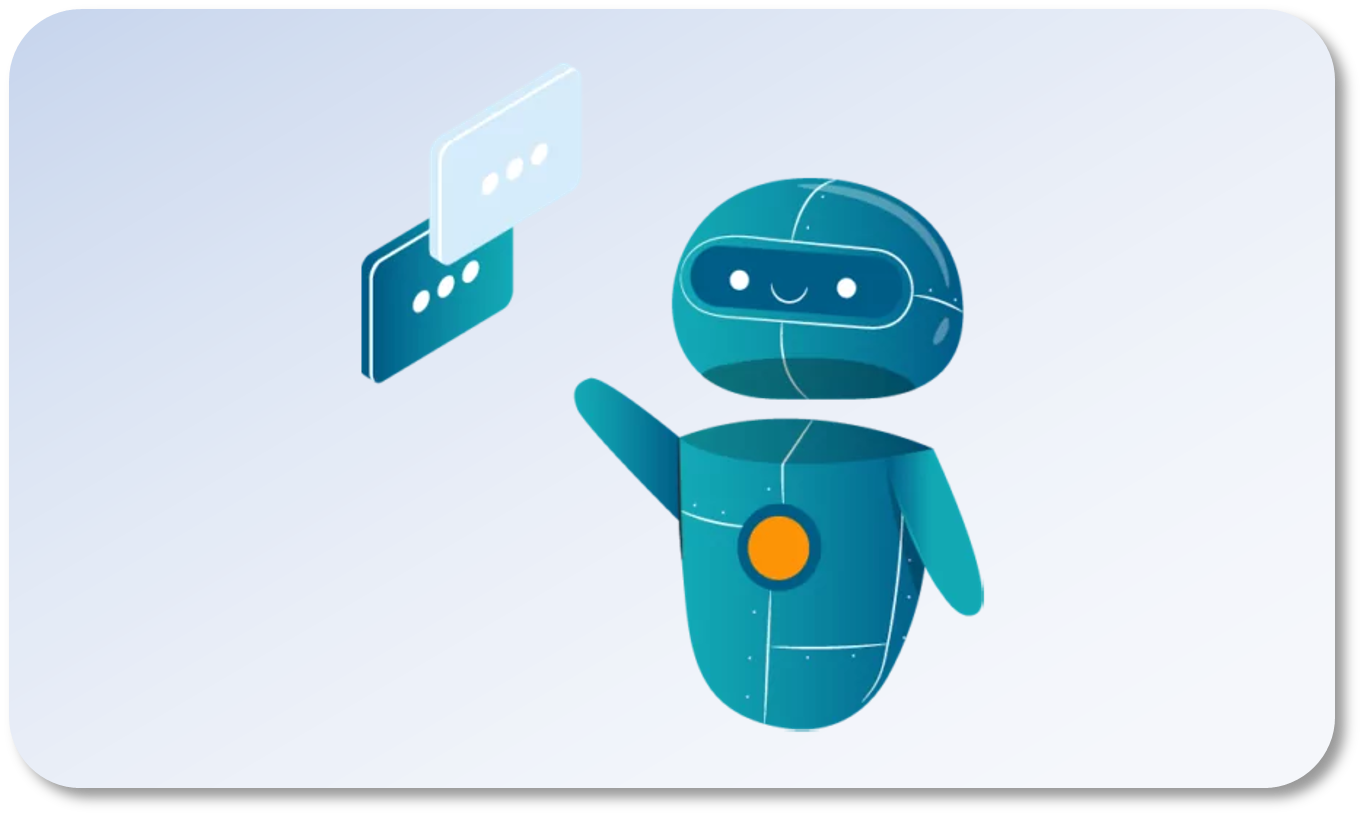The Future? Impact of Artificial Intelligence (AI) on Literary Creativity
The allure of having expertly written essays, well-crafted and articulate write-ups in seconds with zero effort is irresistible.
The idea of receiving answers to almost any question and on a wide array of topics is intriguing. Trust me, I know.
Ever since I discovered AI chatbots, I was fascinated and immediately hooked.
Now I have a tool that provides answers on almost every subject. A tool that deconstructs complex topics into simple, understandable paragraphs; gives detailed summaries and massively cuts down research time.
I thought to myself, “This is gold, and its value and application, endless.”
It’s only now that I see the danger ahead if this beast isn’t tamed. I started thinking about the implications.
What happens when everyone starts using chatbots?
What happens when we outsource the creation of literary works to chatbots?
It is already evident that AI has the power to mimic human ingenuity and, in seconds, produce content that is indistinguishable from what seasoned scholars would take hours, days, and even weeks to come up with.
What happens when blog writers become dependent on AI chatbots?
What happens when students write entire dissertations with chatbots?
A research was carried out to determine the impact of AI in education. It involved an investigation on university students in Sweden with nearly 6000 students participating in the survey.
The findings noted that up to 35% of the students involved in the study use chatbots regularly[1].
Can chatbots be cited as reliable sources in academic literature?
I ask these questions about the future, but I can say with a good deal of certainty that, presently, this is the reality:
Chatbots are marketed as a natural language processing tool driven by AI technology. But when you cut past the deftly-worded definition, what you have is the proverbial genie in the bottle—although this time it’s a genie that grants unlimited wishes. It doesn’t take a genius to realize the danger associated with this scenario.
Should professional writers feel threatened by AI chatbots that churn out articles by the second?
In the name of technological advancement, the literary works produced by diligence, hard work, and human originality is substituted for microwaved 5-seconds write-ups; like frozen dinners prepared by AI chatbots.
I believe that, when abused, this technology has the potential to breed laziness and dull literary creativity.
What happens to the assigning of intellectual property if robots become recognized content creators?
And you cannot tell me that there isn’t a sinister undertone in the proliferation of the use of chatbots. With my measured understanding of AI, I know that its nature is to learn, modify, and improve the more input it receives.
So, what happens after AI chatbots increase their data with all the information it receives from the millions of users addicted to it?
What happens when AI takes over advertising?
These are queries that must be examined.
Who will be held responsible for catastrophic consequences caused by misleading information generated by AI chatbots?
However, it is not all negative. I must admit that AI technology and chatbots are helpful. It is a great tool when used for learning purposes and providing customer care. Think of the amount of time you’d save when you don’t have the tedious work of summarizing research articles or sifting through jargon to get the gist of a research paper.
I don’t claim to have concrete answers to the questions raised in this article. I just wish to understand more about the future of academia and professionalism.
Sources
Palmgren, M. H. (2023, May 11). AI in Education: Students’ Views on Chatbots and Cheating. Retrieved from Neurosciencenews: https://neurosciencenews.com/chatbot-ai-education-23213/


